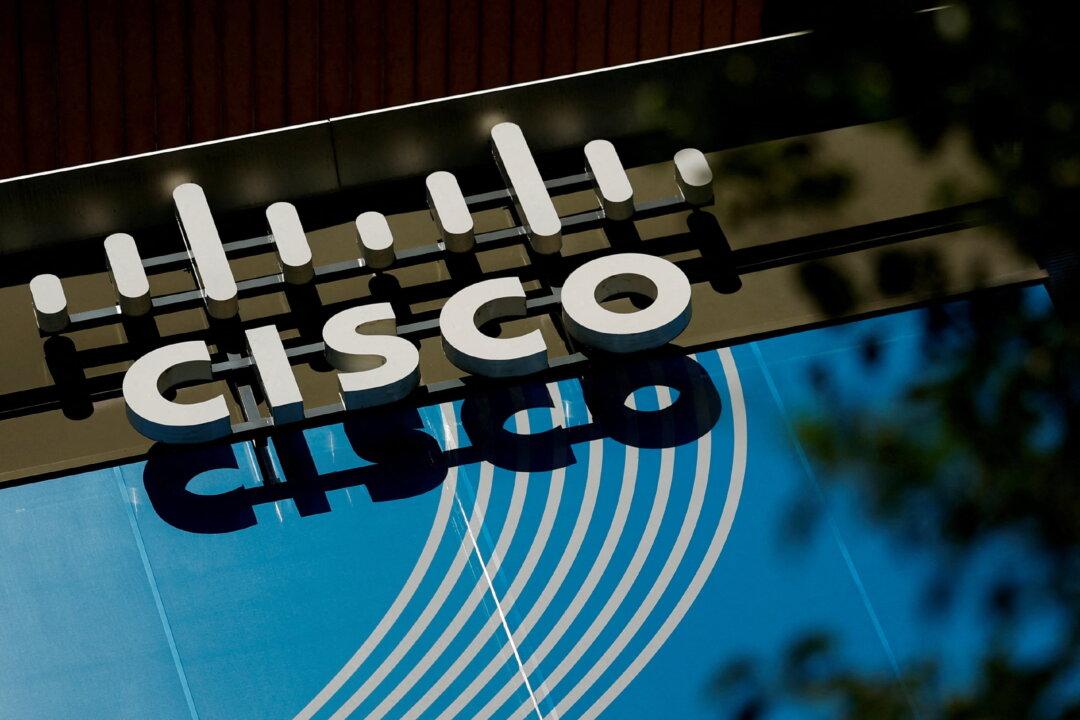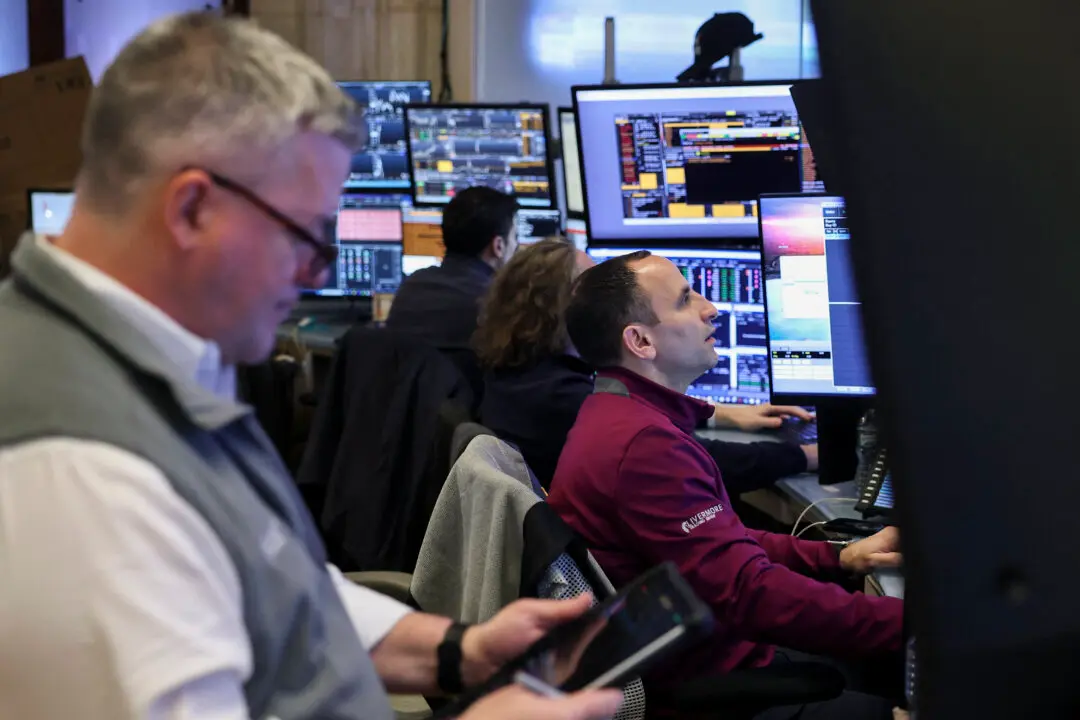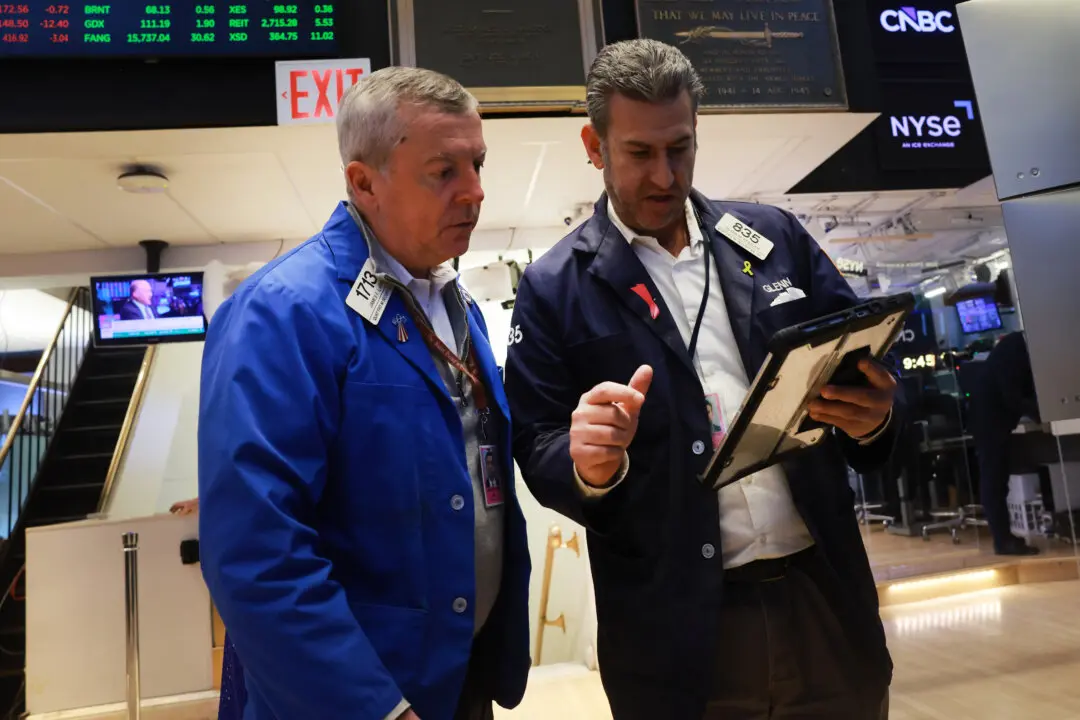Cisco Systems’ revenue turnaround continued for a second consecutive quarter, as artificial intelligence and global partnerships boosted demand for its technology products. The company’s shares rallied in after-hours trading.
After the closing bell on May 14, the San Jose, California-based network products pioneer reported revenues of $14.1 billion for the third quarter of its fiscal year 2025, ending on April 26.





